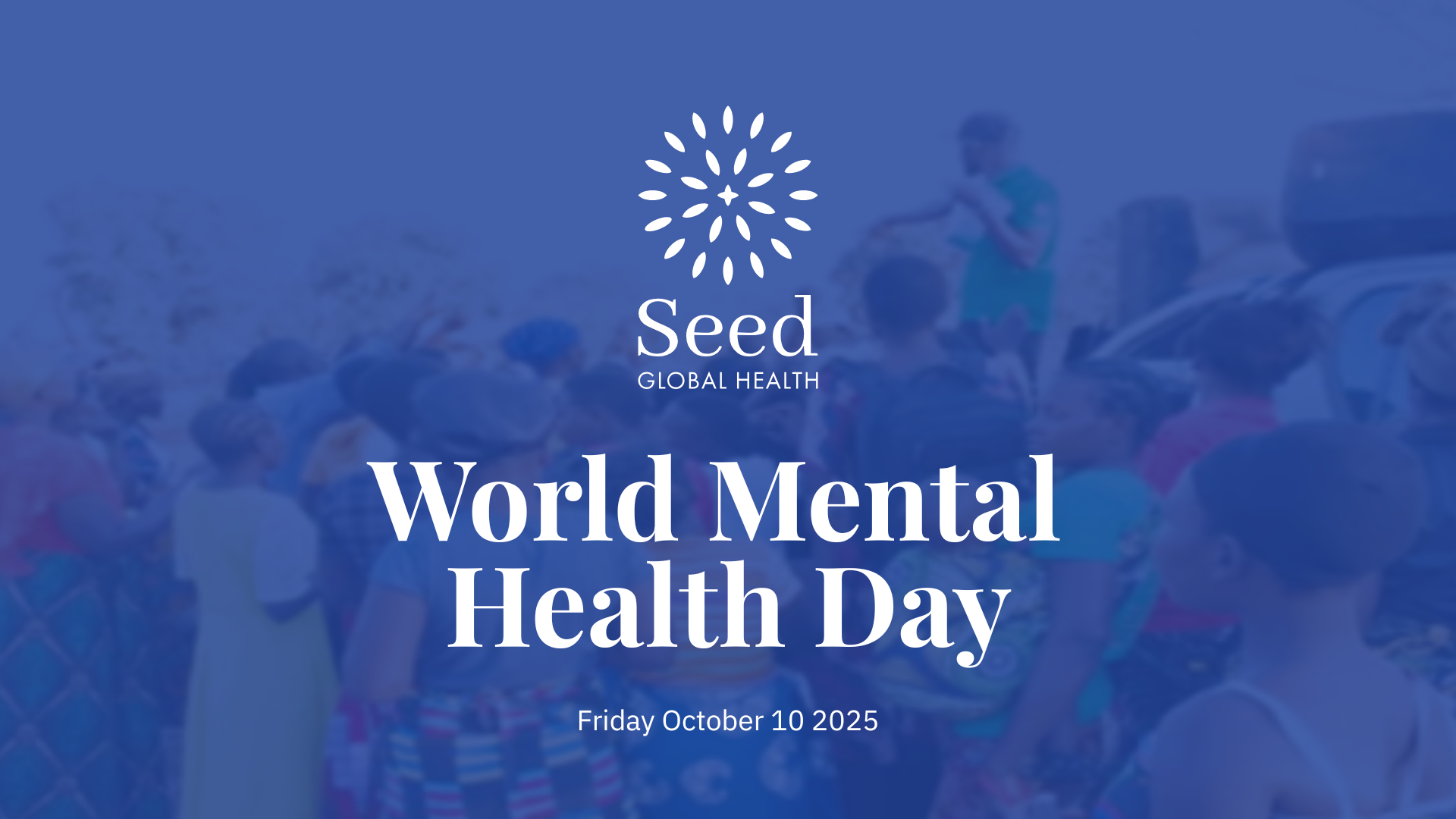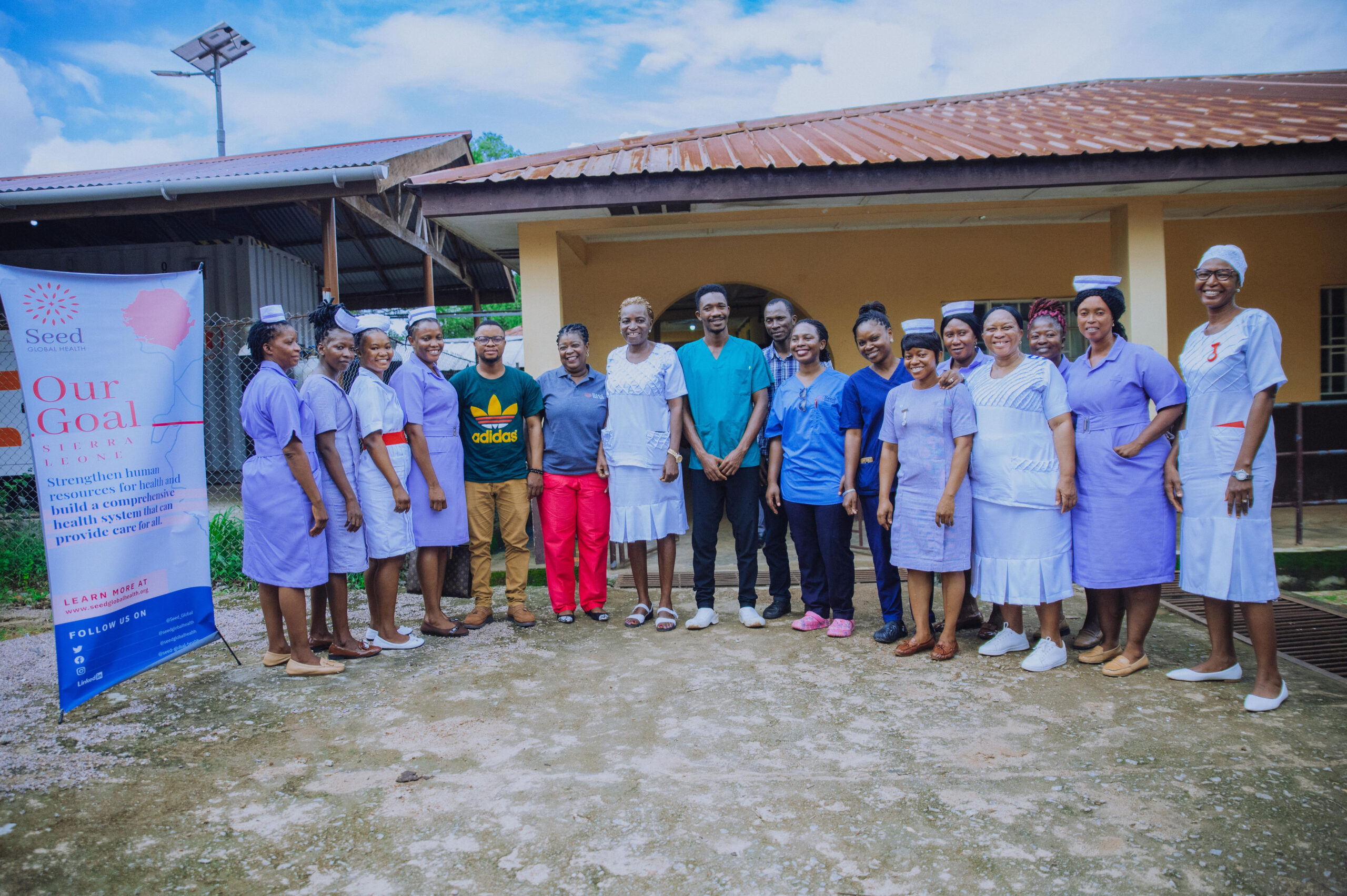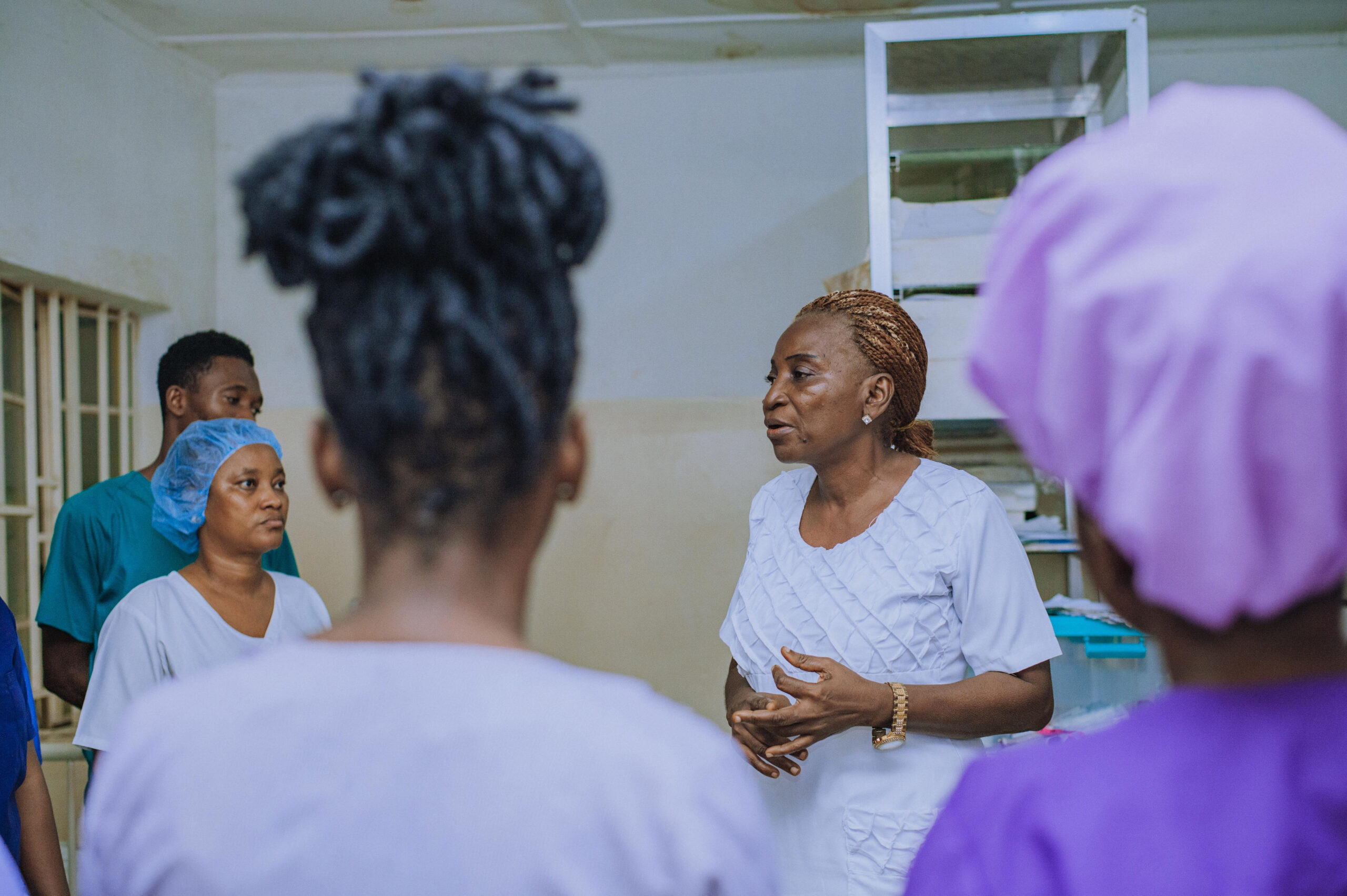
Health Worker Profile: Sister Federica Trains New Midwives in Sierra Leone
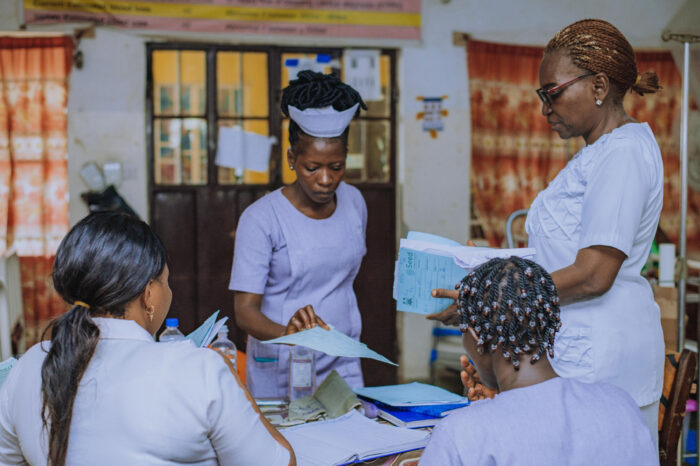
Sister Federica Coker is a supervisory midwife at Makeni Regional Referral Hospital in Sierra Leone, where she oversees the maternity ward. Her typical day begins in the triage area, where nurses and midwives gather each morning for a short meeting to share updates, review performance, and prepare for the day ahead. She takes attendance, tracking which students are present and which are absent. She then checks whether any patients require attention.
“I review the post-operative ward, going over the reports from the night staff to ensure patient documentation is thorough,” she explains. “Small details, like fluids that have been administered or whether urine outputs have been recorded, are sometimes overlooked, yet they are crucial. I make sure to check these details, along with the vital sign charts,” says Federica. Her meticulous documentation has contributed to improving quality of care at the hospital.
Sister Federica was recently trained by Seed Global Health as a midwife preceptor, which has further deepened her passion and love for her work as a midwife, a profession she has been in for the past nine years.
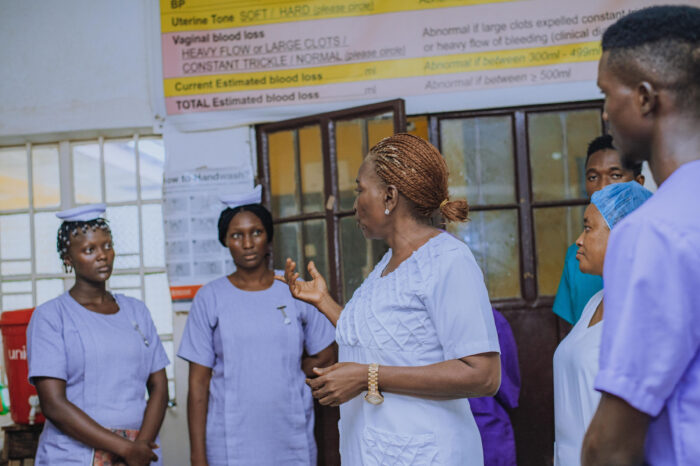
Preceptors are experienced midwives who have received special training to provide supervision to midwifery students during clinical practice, facilitating the application of classroom theory to patient care. “Thanks to the training facilitated by Seed Global Health, we are now able to train our colleagues with confidence because of the knowledge we have gained as preceptors,” says Sister Federica, her face lighting up with pride. She adds that this confidence allows her to go the extra mile in her daily work, teaching and ensuring that women who walk in through the hospital’s doors receive quality care.
Sister Federica says that as preceptors, they play a key role in overseeing many aspects of the hospital’s operations. “Each morning, I do my rounds as both a preceptor and a midwife. Monitoring the students is essential because, without proper oversight, some do not show up on time or at all,” she says.
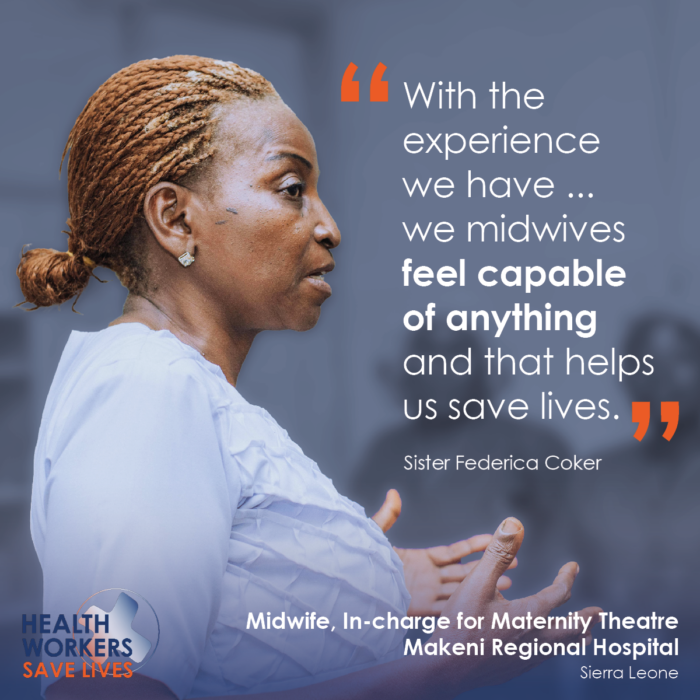
As trained preceptor, Sister Federica feels empowered, something she says reflects in her work. “With the experience we have, combined with the knowledge from the trainings, we midwives feel capable of anything and that helps us save lives,” she says.
“I am truly grateful to Seed Global Health for their training and support which have empowered me to become a more confident communicator and educator. I can now stand in front of people, teach, present, and speak with ease,” Sister Federica shares.
She takes great pride in helping to shape the next generation of midwives, knowing that by doing so, she is improving the health of her community.
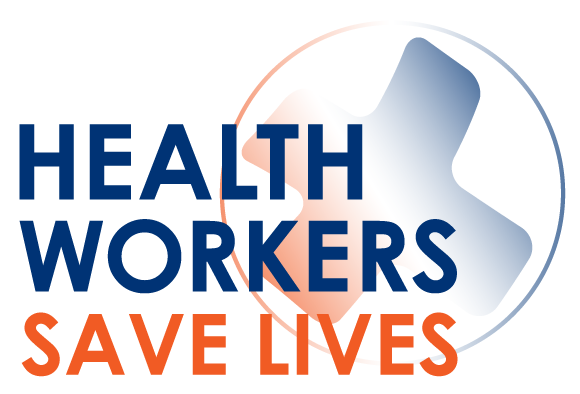
We spoke to Sister Federica Coker as part of our Health Workers Save Lives campaign. An effort, in collaboration with the Frontline Health Workers Coalition, to bring more attention to the vital role health workers play in delivering care and the need for more investment the health workforce.
